The sudden passing of actress Shefali Jariwala at the age of 42 has highlighted the critical importance of heart health and awareness of the warning signs of cardiac arrest. While regular check-ups are essential for prevention, recognizing these five sudden symptoms can be life-saving.

A primary indicator of sudden cardiac arrest is the abrupt loss of consciousness and collapse. This occurs because the brain is deprived of oxygenated blood. The individual becomes unresponsive and remains so even when shaken or addressed loudly. Immediate hospitalization is crucial to increase the chances of survival.
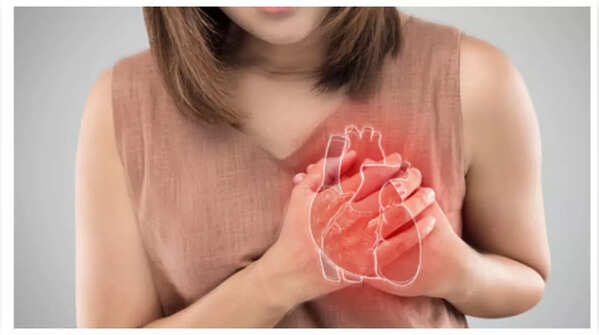
During cardiac arrest, the heart either ceases to beat or beats with such irregularity that it cannot effectively circulate blood. Consequently, a pulse is undetectable. Breathing may also stop, or the individual may exhibit abnormal, gasping breaths known as agonal breathing. This ineffective breathing pattern requires immediate medical intervention.
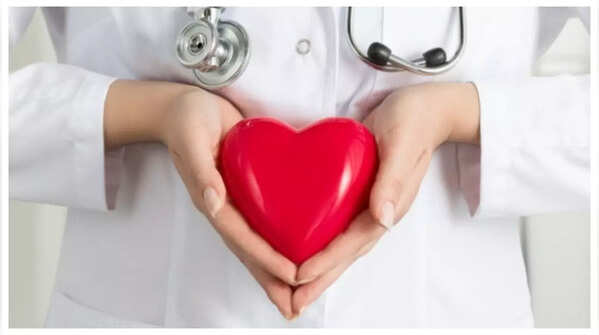
Prior to cardiac arrest, some individuals might experience chest pain, pressure, or general discomfort. These symptoms can be accompanied by shortness of breath, nausea, or lightheadedness. Such signs suggest that the heart is under duress and could be a precursor to sudden cardiac arrest.

Before the heart ceases functioning, abnormal heart rhythms, like ventricular fibrillation, can trigger a rapid, fluttering, or pounding heartbeat. This irregular rhythm disrupts the heart's ability to effectively pump blood, potentially leading to sudden cardiac arrest.

In certain instances, individuals might feel weak, dizzy, or experience shortness of breath shortly before collapsing. These symptoms serve as warning signals that the heart isn't functioning correctly, necessitating immediate medical evaluation.
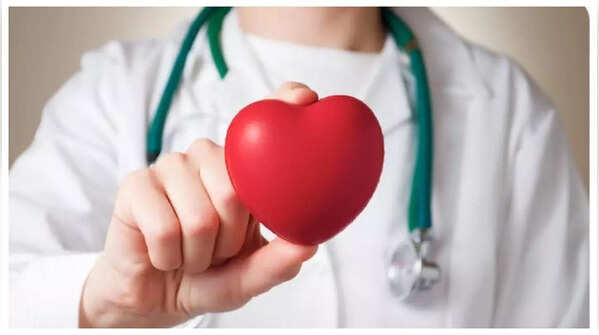
It is crucial to distinguish between a heart attack and cardiac arrest, as they are distinct emergencies. A heart attack occurs when blood flow to a part of the heart muscle is blocked, usually by a clot, leading to potential damage. In contrast, sudden cardiac arrest is an electrical malfunction where the heart abruptly stops beating effectively, preventing blood flow to vital organs. While a heart attack may present with chest pain, the heart typically continues to beat. Cardiac arrest results in immediate loss of consciousness and requires immediate intervention to prevent fatality. The suddenness of the event can be similar to Shefali Jariwala's case, highlighting the need for vigilance.
Newer articles
Older articles
 Moto G54 Gets Significant Price Cut in India, Making Budget Smartphone Even More Appealing
Moto G54 Gets Significant Price Cut in India, Making Budget Smartphone Even More Appealing
 Africa's Rift Valley: Mantle Upwelling Drives Continent's Split and Birth of New Ocean
Africa's Rift Valley: Mantle Upwelling Drives Continent's Split and Birth of New Ocean
 X Cracks Down: Over Half a Million Indian Accounts Suspended for Policy Breaches
X Cracks Down: Over Half a Million Indian Accounts Suspended for Policy Breaches
 Vijay Sethupathi Apologizes Amid Controversy Over Son Surya's Debut Film 'Phoenix'
Vijay Sethupathi Apologizes Amid Controversy Over Son Surya's Debut Film 'Phoenix'
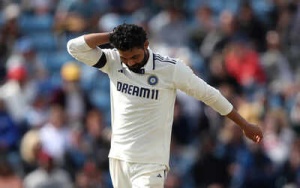 Jadeja's Accuracy Questioned: Ex-India Pacer Slams Spin Strategy in England Test Loss
Jadeja's Accuracy Questioned: Ex-India Pacer Slams Spin Strategy in England Test Loss
 IRCTC's AI Chatbot Revolutionizes Train Ticket Booking, Refunds, and Information Access
IRCTC's AI Chatbot Revolutionizes Train Ticket Booking, Refunds, and Information Access
 Ashada Gupt Navratri 2025: Unveiling Dates, Sacred Rituals & Hidden Significance of the Monsoon Festival
Ashada Gupt Navratri 2025: Unveiling Dates, Sacred Rituals & Hidden Significance of the Monsoon Festival
 Google Maps Enhances Directional Accuracy with Fused Orientation Provider Update
Google Maps Enhances Directional Accuracy with Fused Orientation Provider Update
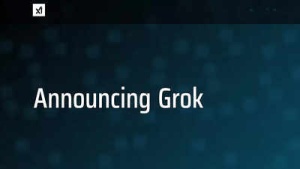 xAI to Open Source Grok, Democratizing Access to Musk's AI Chatbot
xAI to Open Source Grok, Democratizing Access to Musk's AI Chatbot
 Android Users Urged to Patch Now: Critical Security Flaws Expose Devices to Attacks
Android Users Urged to Patch Now: Critical Security Flaws Expose Devices to Attacks